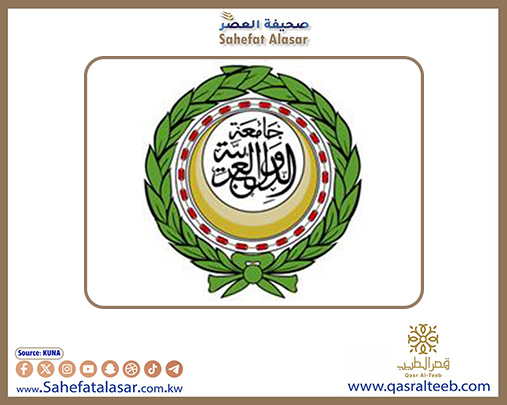


The Arab League's Council of Foreign Ministers, meeting at ministerial level in Istanbul ahead of the 51st Session of the OIC Foreign Ministers' Meeting scheduled for Saturday, issued a statement strongly condemning the Israeli occupation's aggression against Iran.
The ministers denounced the attack as "a flagrant violation of the sovereignty of a United Nations member state and a threat to regional peace and security," demanding its immediate cessation. They called for intensified regional and international efforts to reduce tensions and achieve comprehensive de-escalation.
Nuclear Negotiations & Diplomacy:
Urged a return to negotiations to reach an agreement on the Iranian nuclear file.
Emphasized that diplomacy and dialogue—in line with international law and the UN Charter—are the only viable paths to resolving regional crises, rejecting military solutions.
International Responsibility:
Called on the UN Security Council to act against the aggression, citing its clear breach of international law and threat to regional security.
Comprehensive Regional Calm:
Stressed that lasting de-escalation requires addressing root causes of conflict, including:
An immediate end to Israel’s aggression on Gaza and unfettered humanitarian access via UN agencies.
Halt to Israel’s illegal measures in the occupied West Bank, which undermine the two-state solution and just peace.
Warning Against Escalation:
Warned that Israel’s actions are pushing the region toward further conflict, necessitating urgent international intervention to halt its aggressive policies and implement relevant UN resolutions and the 2002 Arab Peace Initiative.
Support for International Efforts:
Welcomed the upcoming high-level UN General Assembly conference on the peaceful settlement of the Palestinian issue (co-chaired by Saudi Arabia and France), urging member states to actively participate.
Applauded Egypt’s initiative to host a conference for Gaza’s early recovery and reconstruction post-ceasefire.
Maritime Security & Nuclear Safety:
Demanded respect for freedom of navigation in international waterways to safeguard the global economy.
Condemned violations of airspace sovereignty by any party.
Warned against targeting IAEA-safeguarded nuclear facilities, citing risks of radioactive leaks and humanitarian/environmental disasters.
WMD-Free Zone:
Reiterated the call for a Middle East free of nuclear and WMDs, per UN resolutions and Arab Summit outcomes (notably the 34th Arab Summit in Baghdad, May 2023).
Urged all regional states to join the Non-Proliferation Treaty (NPT).
The ministers underscored adherence to the UN Charter’s principles—prohibiting force or threats in international relations—and advocated peaceful dispute resolution, territorial integrity, and good neighborliness.